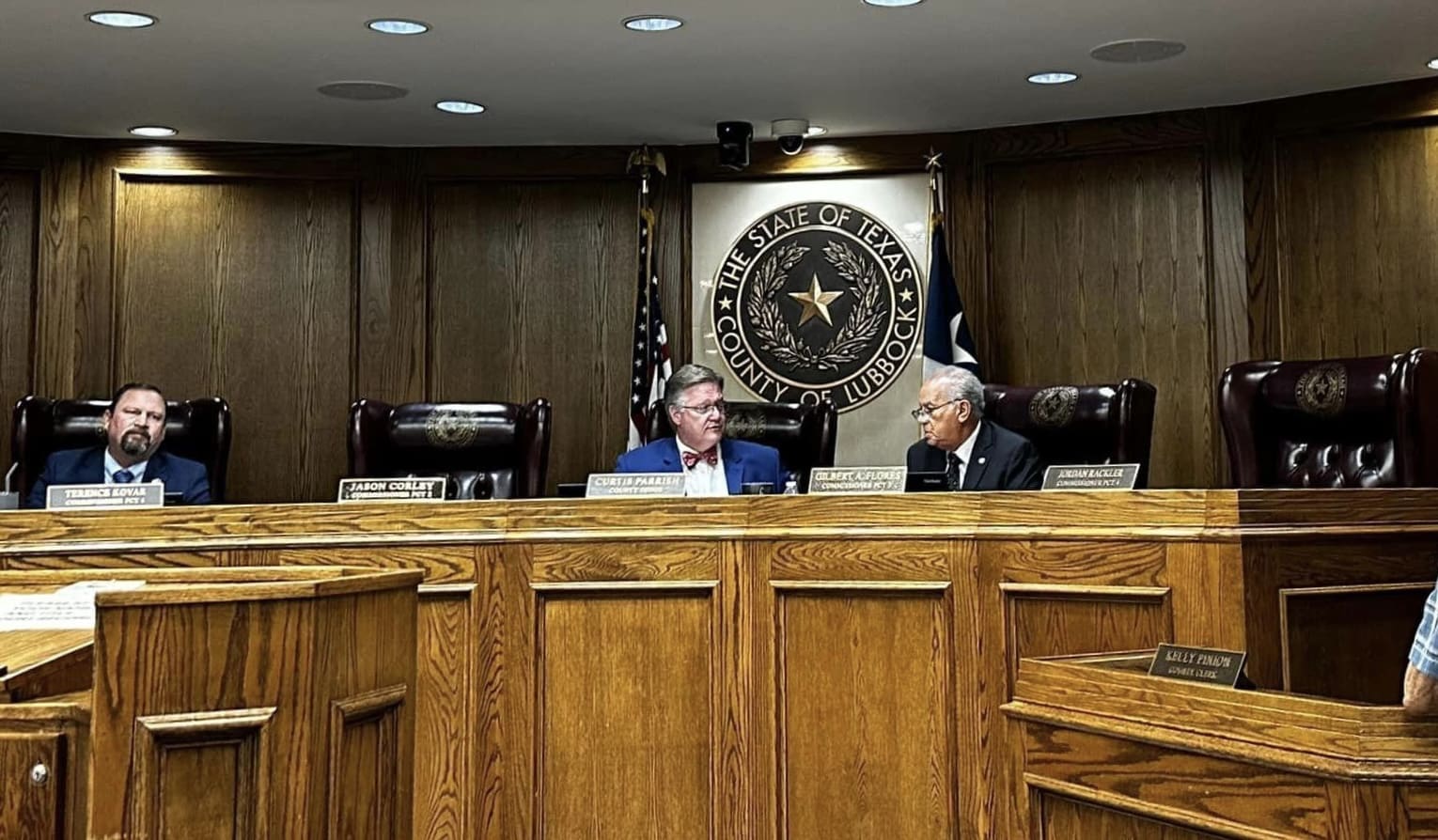Q: Who controls property tax bills paid by Texas homeowners and businesses?
A: Your property tax bill is controlled by several local taxing entities: your county, city, school district, and others. Every year, each body of elected officials debates and votes on their budget—how much they plan to spend—and the property tax rate at which your home or property will be taxed. They control how much in taxes will be paid.
Q: Does the appraisal district also control what you pay in property taxes?
A: No, not directly. Your appraisal district dictates the taxable value of your property every year, but local officials decide how much to spend and how much to tax. These budgets and tax rates are set after your property value has been assessed by the appraisal district. Locally elected officials control the overall tax burden, the amount they levy on taxpayers. And this burden is based on—or driven by—their budget, or how much of your money they plan to spend.
Q: Texas lawmakers passed property tax reform. What does the reform actually do?
A: The new law will impact the 2020 tax year. An election will automatically be triggered if most cities and counties try to increase property tax burdens by 3.5 percent more than the previous year on properties taxed in both years. The 3.5 percent limit excludes growth, or new tax revenue from new properties added to the tax rolls. Also starting in 2020, there will be a 2.5 percent tax revenue limit for school districts. School districts will now be forced to lower their tax rates down to a level that will increase total revenue by no more than 2.5 percent, when compared to the previous year. Before the change, city, county and school board officials could raise tax burdens as much as 8 percent or more without ever needing to seek local voter approval.
Unfortunately, this reform will not affect cities with a population of less than 30,000.
Still, most local officials will now be more accountable to local taxpayers, thanks to the spearheading efforts of Texas Gov. Greg Abbott and State Sen. Paul Bettencourt (R-Houston).
Q: Until the new law goes into effect, what can taxpayers do about their property tax bill?
A: Great question. Most taxpayers know they can protest their appraisal value in April and May of each year, but taxpayers can also petition city, county, school and other officials to control spending and lower their property tax rates. Local officials can and should reduce their tax rates to help offset higher property values.
As property values rise, tax rates need to be lowered to prevent taxpayers from paying a higher bill than the previous year.
Q: Can you explain why local officials may be able to lower tax rates?
A: As appraisal values rise, tax rates can be adjusted down to prevent Texans from paying a higher bill. If property values rise, on average, and a taxing entity chooses to adopt the exact same tax rate as the previous year, they’re imposing a tax increase because the average taxpayer will be forced to pay a higher bill.
Q: What should taxpayers ask local officials to do? What tax rate should they adopt?
A: Each community is different. But taxpayers should know, local taxing entities can adopt what’s called the “effective” tax rate, which is the tax rate low enough to offset the overall increase in appraisal values. The new law will change this to the “no-new-revenue” tax rate. If a city or county adopts the no-new-revenue tax rate, it will collect the same total tax revenue from all properties that it also taxed the previous year.
It is important to remember that, even at a lower tax rate, the taxing entity will still collect additional tax revenue from growth and economic development.
Q: Does cutting or reducing a city’s tax rate require the city to cut spending?
A: No, not necessarily. A reduction in the tax rate will not necessarily reduce the revenue collected in total. Again, if appraisal values are rising, a taxing entity can reduce its tax rate and still collect the same or more property tax revenue than before. Even when the “no-new-tax revenue” rate is adopted, like it was in Colleyville in 2018 or by Collin County officials the past four years, the city/county’s total tax revenue still increased due to growth and/or other sources of revenue.
Q: When should taxpayers petition for lower property tax rates?
A: During the summer months, leading up to the fall. Just as they do every summer, local officials draft their budgets between May and August. They vote on both their budgets and tax rates around late August or early September every year, which will fund their next fiscal year.
The time to take action is in May, June, July, and August. Attend one of your local government’s budget workshops in the summer. Start calling and emailing your county commissioners, city council members, and school board members prior to them holding their budget and tax rate hearings.
Contact them well before they are actually voting on their budgets and tax rates in the fall, and ask them to adopt the “effective” tax rate, or ”no-new-revenue rate.”
Get informed, and get engaged!




